
Therein lies one of the biggest problems of our day: the paradox of choice. Whether we are buying some jam or a mobile phone, a TV or a pair of jeans, we are offered countless options in thousands of product categories. In the old days, it was thought that the more choices people had, the happier they would be, because having choices was freedom. And, freedom was the way to happiness. According to American psychiatrist Barry Schwartz, however, it’s just the opposite. Having countless options leads to depression, unhappiness, remorse and anxiety disorders.
How Does the Paradox of Choice Affects Us?
It’s obvious that having to choose between hundreds of options is difficult. However, what we need to understand is the effects of having too many choices on our psychology and daily lives so that we can make better decisions without jeopardizing our mental health.
As Barry Schwartz says in his book “The Paradox of Choice”, we didn’t have as many choices back then. When you made a decision and bought a product, it wasn’t your responsibility entirely. If there were only two types of jeans and neither fit properly, it wasn’t your fault. You could have found some relief by putting the blame on the store or the manufacturer. Nowadays, when you go to a store, you see so many options that it’s impossible to blame the store if you don’t like the pair of jeans or if they don’t fit. So, when you think you have made a wrong decision, you end up blaming yourself. The thought of “I could have picked a better one,” haunts you forever, and no matter how good the decision actually was, you end up unsatisfied.
You might be thinking, “It’s just a pair of jeans, for god’s sakes”, but we experience remorse daily, whether it be because of a small or an important decision. Buying a pair of jeans or a new house; they both make us experience similar things, just on a different scale. Given the increase in depression, overall discontent and unhappiness, we need to acknowledge the effect of having too many choices on a daily basis, because having too many choices results in having higher standards that are mostly impossible to achieve, which causes remorse and dissatisfaction.
Learn How to Cope with The Difficulty of Making A Choice
Given the constant pressure of having to make the best decision, which is a great source of stress, we need to develop certain coping mechanisms. You need to accept that starting off with “I have to find the best one!” is an impossible journey that will inevitably end in tears. When shopping, start off by accepting that your decisions or your purchases are, simply, enough. Try not to project too much responsibility or expectation on a pair of jeans than its actual function requires.
You should have a better understanding of your needs. Do you really need a mobile phone with the best camera, the highest memory space and the most high-quality screen all at once? A high-quality camera might be a priority for you, but maybe you don’t need too much memory space if you are going to use the phone for simple things. By setting your priorities straight, you can avoid the feeling of “I can’t miss out on this!” and minimize the remorse and the thought of “I wish I’d bought the other one”. You can be content with the decision you have made.













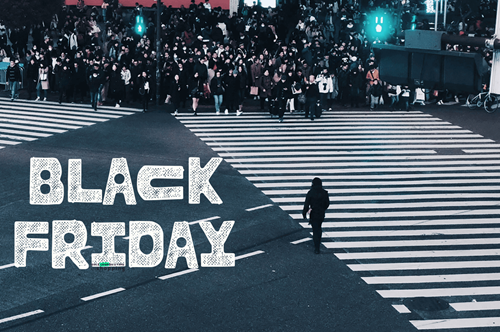



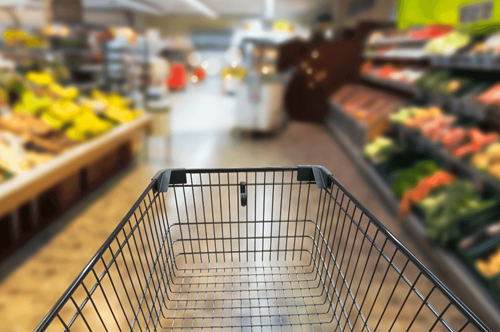

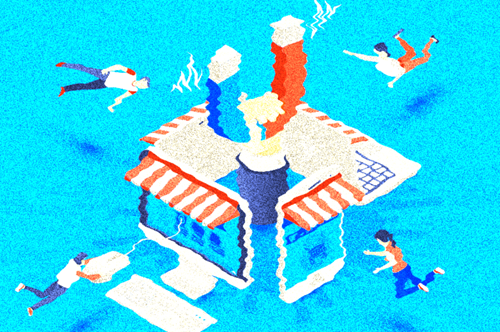



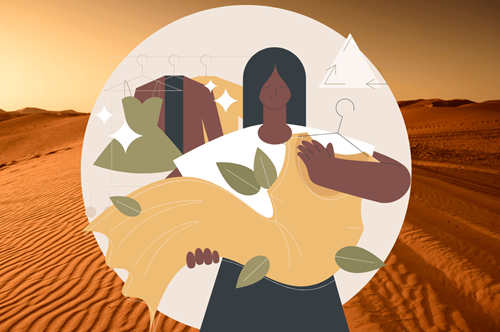

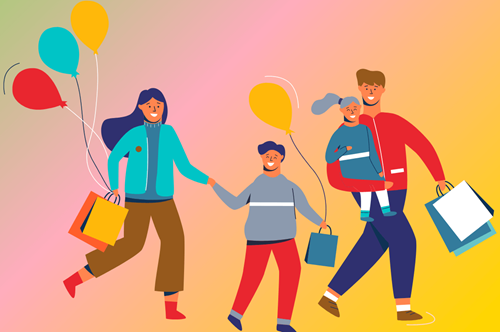

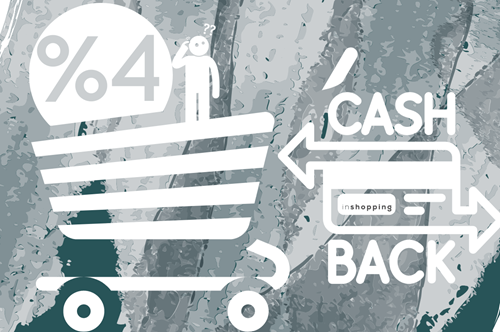

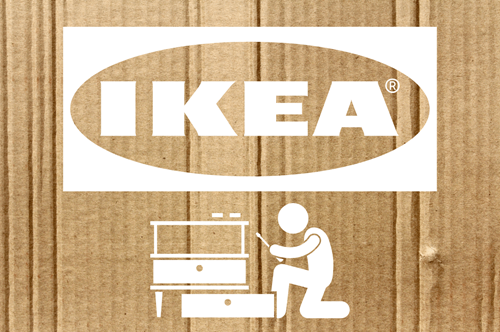

REVİEWS - 1 reviews